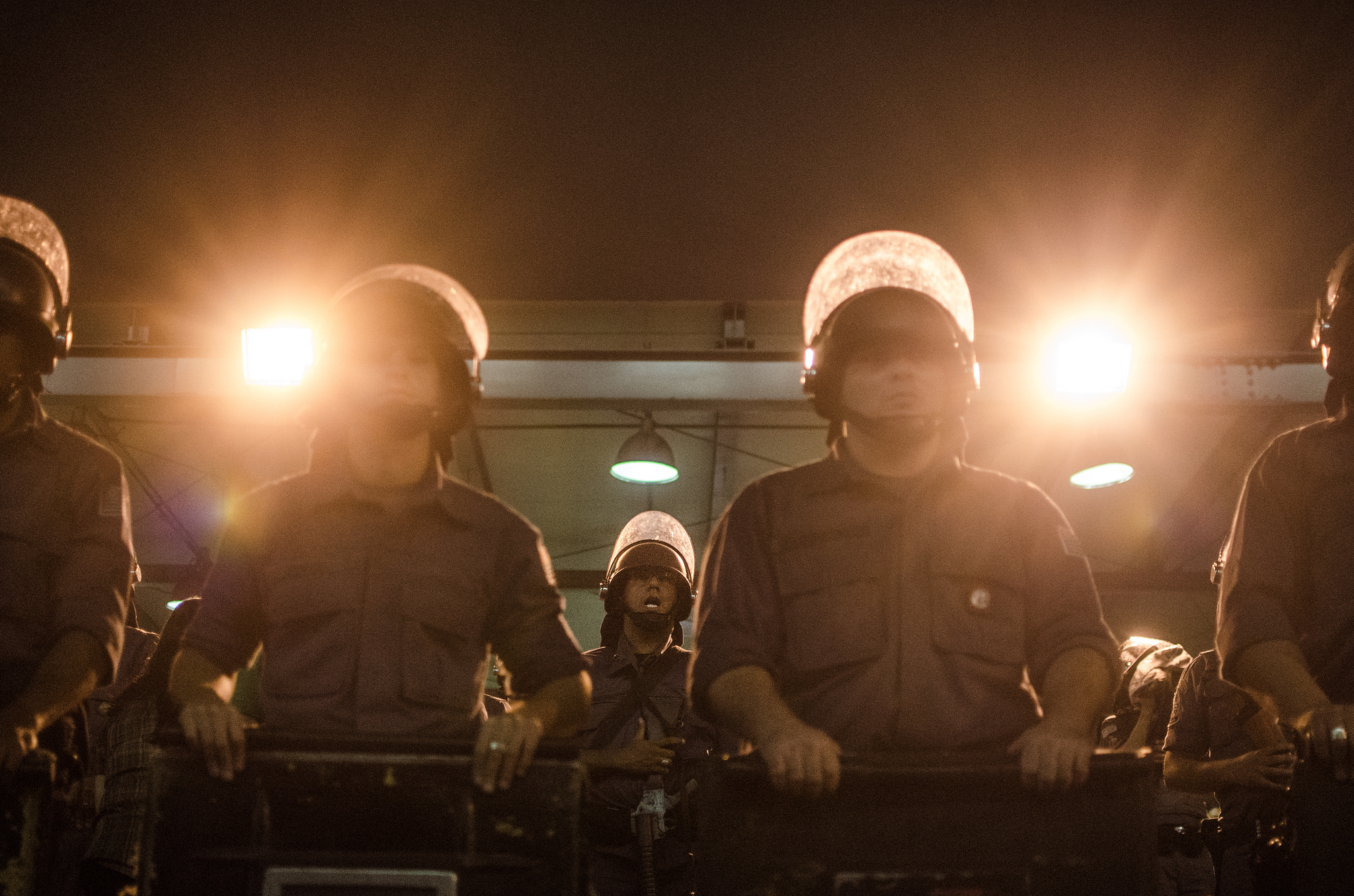How plans for independence of the police threaten democracy
Allies of the federal government support changes to the structure of the force that strengthen the military police and weaken governors

When the military police in the state of Ceará organized a stoppage in February 2020, President Jair Bolsonaro was quick to defend the officers, who crossed arms and closed battalions in demand for better pay. In just 48 hours, the state recorded 51 killings compared to an average of six murders a day, according to a survey by the G1 news website.
In another nod to his support base, formed in part by the police and military, Bolsonaro downplayed the illegality of the event, classifying it as a strike, not a mutiny – even though the Constitution prohibits such stoppages.
A year later, two organic bills are pending in the National Congress that change the rules that govern the civil and military police. Although the current rules, which date back to the military dictatorship, do indeed need to be changed, the proposed alterations appear to be more of a nod to Bolsonaro’s political base in the police forces than a proposal to reform the existing model of law enforcement.
Documents obtained by the newspaper O Estado de S.Paulo reveal that the bills propose the administrative and financial independence of the police, reducing the power of governors and, among other things, proposing the creation of the National Council of Military Police Commanders with a seat in the Ministries of Defense and Justice, which would shift the power over the police from the state to the federal level. Ultimately, according to experts cited by the newspaper, this would pave the way for the creation of a parallel power project.
The lawyer Gabriel Sampaio, coordinator of the program to Combat Institutional Violence at Conectas Human Rights, believes that the bills are incompatible with the primary agenda of civil society organizations and the Brazilian State on public security. “Empowering institutions at a time when we are seeing the resurgence of authoritarianism in a government that is carrying out flagrant necropolitics deserves concern,” he said.
According to Sampaio, the proposals could weaken the control mechanisms that are essential to society. “The most pressing issues in the debate on public security and police institutions must be to control killings by the police and institutional racism, by strengthening social control mechanisms,” he added.
Threat to democracy
Drafted by police organizations and lawmakers from the police force, the bills are not concerned about adapting to the Brazilian Constitution of 1988 or about the effectiveness of policing. “The word ‘policing’ appears only three times in the bill’s 11,000 or so words. ‘Police’ is written 17 times, but the word ‘military’ appears on 274 occasions – which demonstrates not only a clear institutional setback, but also a conflict over the definition of its institutional identity,” wrote in the Folha de S. Paulo newspaper the former Minister of Defense and Public Security, Raul Jungmann, and the retired colonel and former National Public Security Secretary, José Vicente da Silva Filho.
Meanwhile, the concern takes on alarming proportions given the momentum of Bolsonaro’s own threats. After the invasion of the Capitol, in the attempted coup encouraged by Donald Trump in the United States, for example, the Brazilian government announced: “If Brazil does not have paper ballots in 2022, we’ll have a bigger problem than the United States”.
Considering that 41% of the enlisted ranks of the Military Police have interacted in pro-Bolsonaro communities on the internet and 25% hold radical ideas, according to a survey carried out by the Brazilian Public Security Forum, monitoring the course of legislative bills that change police laws is a way of supporting democracy.


